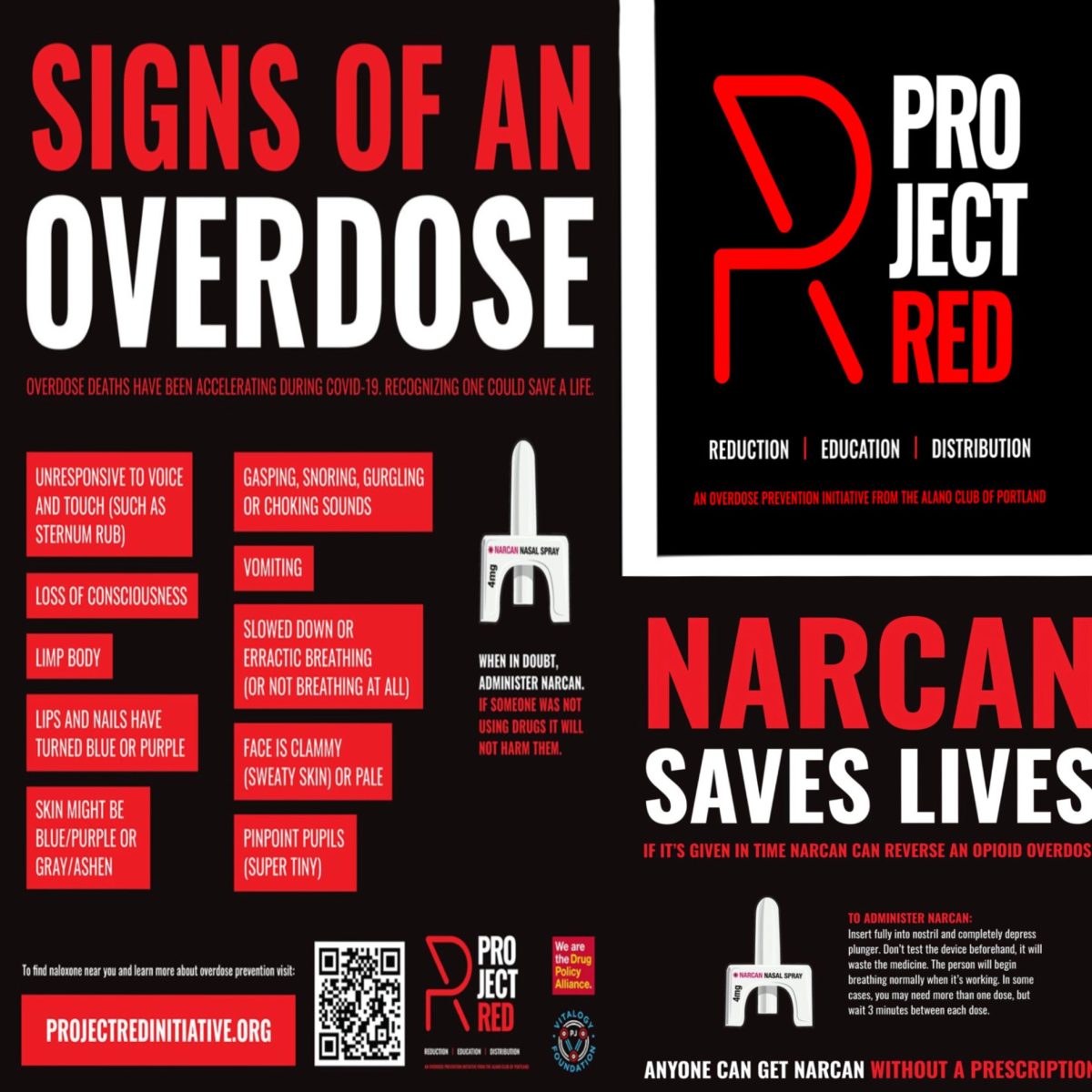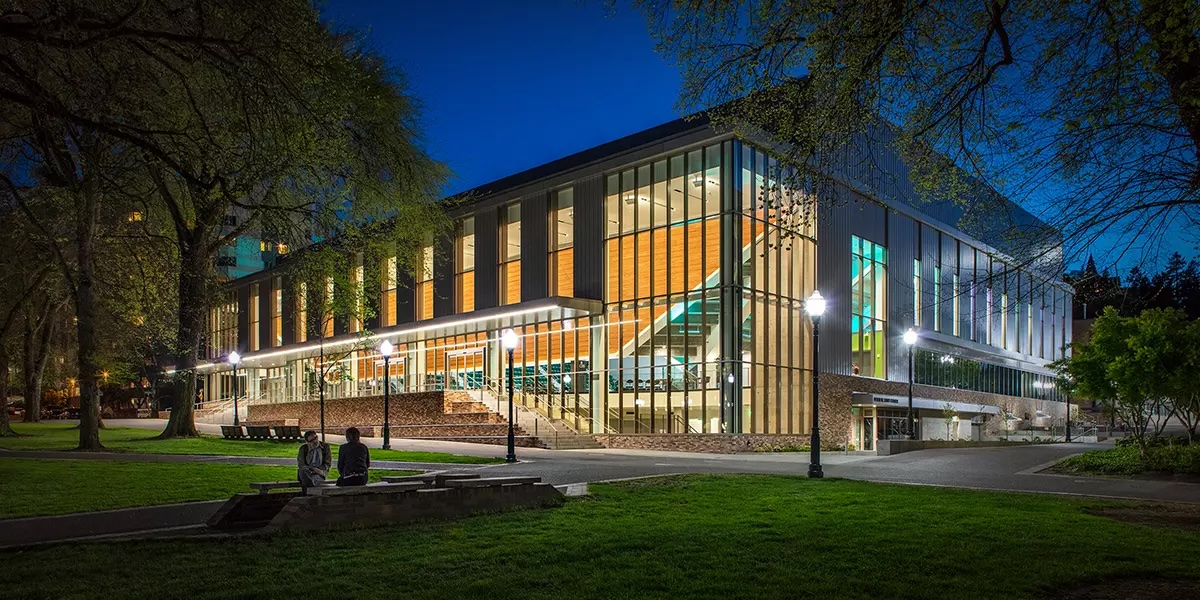Portland made history when decriminalizing the possession of small amounts of various drugs three years ago. Measure 110, a new look at the decriminalization of the possession of controlled substances, was passed in November of 2020, and then implemented the following February, during the peak of COVID-19. Opponents of this measure have continued to argue that it is slowly backfiring.
“[Those who advocate for decriminalization] don’t understand the health care side, and they don’t understand recovery,” Mike Marshall, director and co-founder of the group Oregon Recovers, stated in an interview with NPR. “Our big problem is our health care system doesn’t want it, is not prepared for it, doesn’t have the resources for it and honestly doesn’t have the leadership to begin to incorporate that [expanded treatment].”
To some, like the director of the State Alcohol and Drug Policy Commission, Dr. Reginald Richardson, the measure was a good start.
“Most places that have successfully done decriminalization have already worked on a robust and comprehensive treatment system,” he said. “Unfortunately, here in Oregon, we don’t have that. What we have is decriminalization, which is a step in the right direction.”
To many, a step in the right direction doesn’t mean much if there is no support for the measure. The main issue with Measure 110, critics say, is that it had no safety net or plan to fall back on. Portland and other urban areas in Oregon do not currently have the necessary resources to implement the measure successfully.
This measure has not just caused an uproar in Portland; this controversy affects areas like Tualatin, as well.
“Portland had a good heart when passing this measure,” a Tualatin High student who has struggled with addiction said, “but the entire United States has an issue when it comes to implementing laws without having the proper resources to do so [successfully], and a lot of what these areas do is surface level.”
As long as there are no proper rehabilitation systems in place, critics say, drug overdoses will continue to increase. They suggest a place to start would be harm reduction, like what ProjectRed does.
“Project Red is an initiative from the Alano Club of Portland dedicated to raising awareness around overdose prevention and increasing the availability and accessibility of overdose prevention supplies and trainings,” the organization’s website states.
This includes Narcan, an over-the-counter medication used to reverse an opioid overdose.






